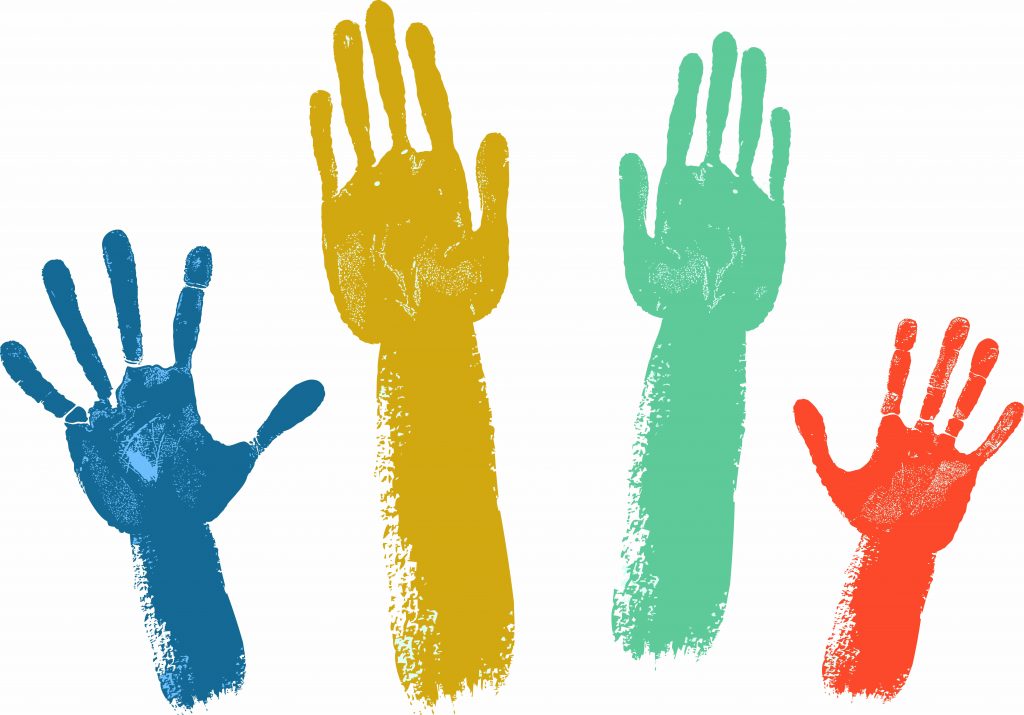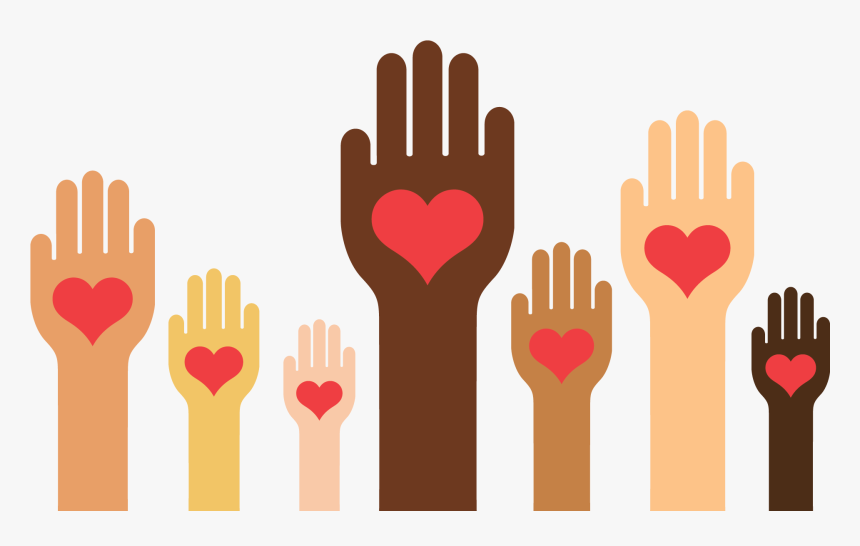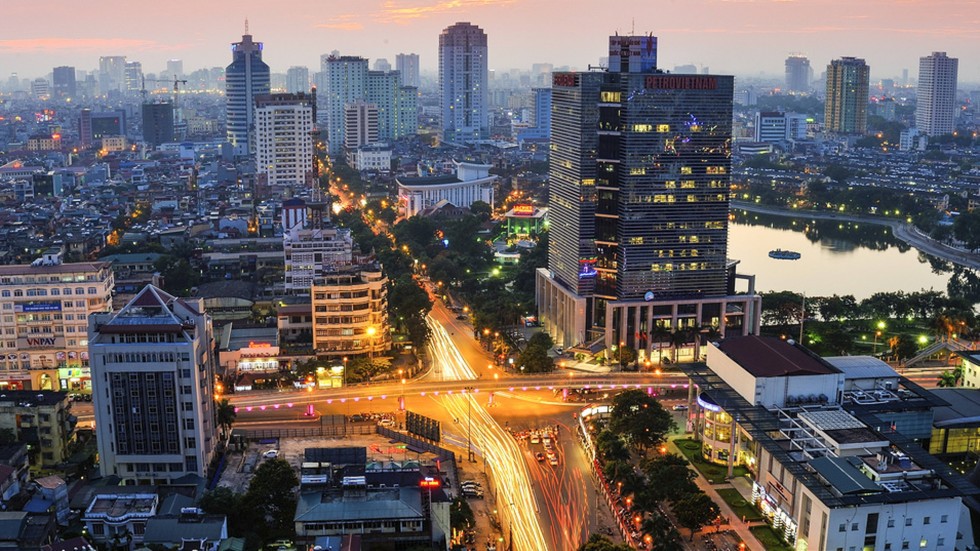Establishment, exercise and protection of civil rights in Viet Nam

There are important civil rights specified and protected by law in Viet Nam. Let’s find out this issue with Lawyer X through the following situation: “Dear Lawyer! I want to ask how are civil rights established and protected by Viet Nam Law? What are basic principles I need to notice when applying civil law to protect my civil rights? Thanks for answering me!”
Legal grounds
- 2015 Viet Nam Civil Code
Basic principles of civil law
- Every person shall be equal in civil relations, may not use any reason for unequal treatment to others, and enjoy the same protection policies of law regarding moral rights and economic rights.
- Each person establishes, exercises/fulfills and terminates his/her civil rights and obligations on the basis of freely and voluntarily entering into commitments and/or agreements. Each commitment or agreement that does not violate regulations of law and is not contrary to social ethics shall be bound by contracting parties and must be respected by other entities.
- Each person must establish, exercise/ fulfill, or terminate his/her civil rights and/or obligations in the principle of goodwill and honesty.
- The establishment, exercise and termination of civil rights and/or obligations may not infringe national interests, pubic interests, lawful rights and interests of other persons.
- Each person shall be liable for his/her failure to fulfill or the incorrect fulfillment of any such civil obligations.
Application of Civil Law in Viet Nam
*Application of the Civil Code
- Civil Law is a common law that applies to civil relations.
- Any relevant law that applies to civil relations in specific fields may not be contrary to the basic principle of civil law prescribed in Article 3 of Civil Law.
- If another relevant law has no regulation or has regulations that infringe Clause 2 of Article 4, the regulations of Civil Law shall apply.
- In cases where an international agreement to which the Socialist Republic of Vietnam is a signatory contains provisions different from the provisions of Civil Code with regard to a same matter, the provisions of such agreement shall apply.
*Application of practices
- Practices mean rules of conduct obvious to define rights and obligations of persons in specific civil relations, forming and repeating in a long time, recognized and applying generally in a region, race, or a community or a field of civil.
- In cases where it is neither provided for by law nor agreed upon by the parties, practices may apply but they must not contravene the principles provided for in Article 3 of Civil Code.
*Application of analogy of law
- In cases where an issue rises under scope of civil law which it is neither provided for by law nor agreed upon by the parties nor, nor applied by practices, analogy of law shall apply.
- In cases where it is impossible to apply analogy of law as prescribed in Clause 1 of Article 6, basic principles of civil law provided for in Article 3 of Civil Code, case law, and justice shall apply.
Bases for establishment of civil rights
Civil rights shall be established on the following bases:
- Contracts;
- Unilateral legal acts;
- Decisions of courts or other competent state agencies as prescribed;
- Outcomes of labor, production and business; or creation of subjects of intellectual property rights;
- Possession of property;
- Illegal use of assets or illegal gain therefrom;
- Damage caused by an illegal act;
- Performance of a task without authorization;
- Other bases specified by law.
Exercise of civil rights
- Each person shall exercise his/her civil on his/her own will in accordance with Article 3 and Article 10 of Civil Code.
- The non-exercise of civil rights does not constitute a basis for termination of those rights, unless otherwise prescribed by law.
Limitations on exercise of civil rights
- Each person may not abuse his/her own civil rights to cause damage to other persons or violate his/her own obligations or for other unlawful purposes.
- If a person fails to comply with Clause 1 of Article 10, a court or a competent agency shall, according to the nature and consequences of the violation, either protect part or the whole of his/her rights, compel him/her to given compensation and other sanctions as prescribed by law.

Methods for protecting civil rights
If a person has his/her civil rights violated, he/she may protect them himself/herself as prescribed in Civil Code, other relevant laws or request competent authorities to:
- Recognize, respect, protect and guarantee of his/her civil rights;
- Order the termination of the act of violation;
- Order a public apology and/or rectification;
- Order the performance of civil obligations;
- Order compensation for damage;
- Cancellation of isolated unlawful decision of competent agencies, organizations or persons;
- Other requirements specified by law.
*Self-protection of civil rights
The self-protection of a particular civil right must conform to the nature and severity of the violation against such civil right and be not contrary to basic principles of civil law prescribed in Article 3 of Civil Code.
*Compensation for damage
Each person has his/her civil rights violated shall be eligible for total damage, unless otherwise agreed by parties or unless otherwise prescribed by law.
*Protection of civil rights by competent authorities
– Each court and a competent authority must respect and protect civil rights of persons.
If a particular civil right is violated or is under a dispute, the protection of such right shall be implemented as prescribed in procedural law at the court or arbitrator.
The protection of civil rights under administrative procedures shall be implemented as prescribed by law. A decision on settlement of case/matter under administrative procedures may be re-examined at a court.
– Each court may not refuse to settle a civil matter or case with the season that there is no provision of law to apply; in this case, regulations in Article 5 and Article 6 of Civil Code shall apply.
Cancellation of unlawful isolated decisions of competent agencies, organizations or persons
A court or a competent authority is entitled to cancel an isolated decision of another competent agency, organization or person, upon a request for protection of civil rights.
If the isolated decision is cancelled, the civil right against which the decision violates shall be restored and protected by the methods prescribed in Article 11 of Civil Code.
Please see more:
- Instructions for exclusive registration of company logos in Vietnam
- Service of changing the legal representative of Vietnamese enterprises
Services of Lawyer X
Prestigious professional services: Firstly, the team of consultants and consultants for many years in the field of civil status, and customer support.
On-time: Certainly, with the motto “Get your lawyer right at your fingertips”, we ensure the service always performs on time. The rights and interests of customers always come first.
Cost: Besides, Lawyer X’s service costs are highly competitive; depending on the nature of the particular case. So, we want our guests to have the best possible service experience. Therefore, costs which guaranteed to be the most suitable and economical for customers.
Confidentiality of client information: Finally, all personal information of clients Lawyer X will be 100% confidential.
If you need any further information, please contact LSX Law firm: at +84846175333 or Email: [email protected]
Frequently asked questions
Yes! Every person shall be equal in civil relations, may not use any reason for unequal treatment to others, and enjoy the same protection policies of law regarding moral rights and economic rights.
Practices mean rules of conduct obvious to define rights and obligations of persons in specific civil relations, forming and repeating in a long time, recognized and applying generally in a region, race, or a community or a field of civil.
Yes! Each person may not abuse his/her own civil rights to cause damage to other persons or violate his/her own obligations or for other unlawful purposes.
Conclusion: So the above is Establishment, exercise and protection of civil rights in Viet Nam. Hopefully with this article can help you in life, please always follow and read our good articles on the website: lsxlawfirm.com




